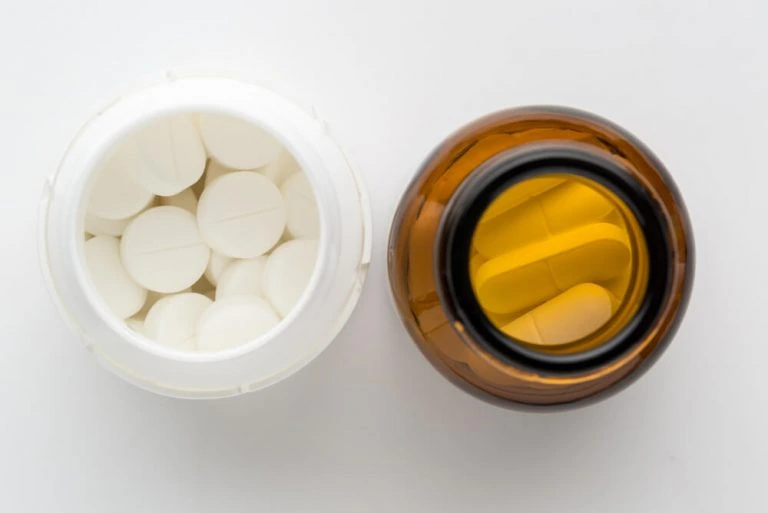The Number One Killer of Americans Under 50: Opiate Overdose
Young people used to be healthy. Heart disease or cancer was the worst that people feared. As grave as these conventional threats to human mortality are, among those under the age of 50, the threat of opiate overshadows them. With more than 50,000 people succumbing to overdoses each year in the US alone today, such deaths have jumped fourfold since the beginning of the century. Even in countries such as Britain where absolute figures for opiate abuse are in decline, opiate overdose deaths rise have been seen to 10% each year in the recent past.

Opiate overdose can happen to anyone, at any time
Say no to drugs is no longer just about street drugs
When people thought of addiction to drugs in the past, it was hard-core stuff like methamphetamine and heroin that came to mind. Today, opioid painkillers made by the pharmaceutical majors and prescribed by doctors are the cause behind most opiate overdose deaths. Certainly, these drugs are essential for those in pain after surgeries, those suffering from injuries or from cancer or AIDS; yet, these drugs are often prescribed without much thought to anyone experiencing some pain.
As far as brain is concerned, there is little difference between prescription medications and street drugs — they both affect the brain in the same ways. Both mimic the gentle effects of natural opioids produced in the body to protect against pain or produce, but these chemicals are much stronger.
The government’s response to skyrocketing statistics of opiate overdose deaths has been to launch a new war on drugs. It isn’t likely to work any better than the last one, however, because it sees addiction as an act of personal choice by the addict. This is an incorrect view of addiction, however. Not only is substance abuse often caused by pre-existing mental disorders, but chronic exposure to these substances also causes changes in the brain that make it impossible for addicts to exercise restraint. It is the reason why addiction is termed a mental disorder by the medical community.
Finding a way out of a personal opioid crisis
It’s important to understand the nature of addiction. It starts out as psychiatric and psychological disturbances of the mind; a person troubled in this way experiences little engagement with their life and readily turns to whatever method is available to help feel some pleasure or some form of control over the mind. Alcohol has always been available; opioids take its place these days.
When opioids are taken over long periods of time, they cause a form of injury to the brain. The effect of this injury is to change the way the mind thinks about drugs — with love and attachment, rather than with fear and disgust. There is no real way to change this other than to seek addiction treatment and extensive psychiatric and psychological care.
Helping a loved one at risk
Today, it’s an important skill for everyone to learn — to recognize addiction and opioid overdose symptoms. It could happen to anyone around you — opioid overdose signs include pinpoint pupils, slowed breathing or an inability to breathe, nausea and confusion.





